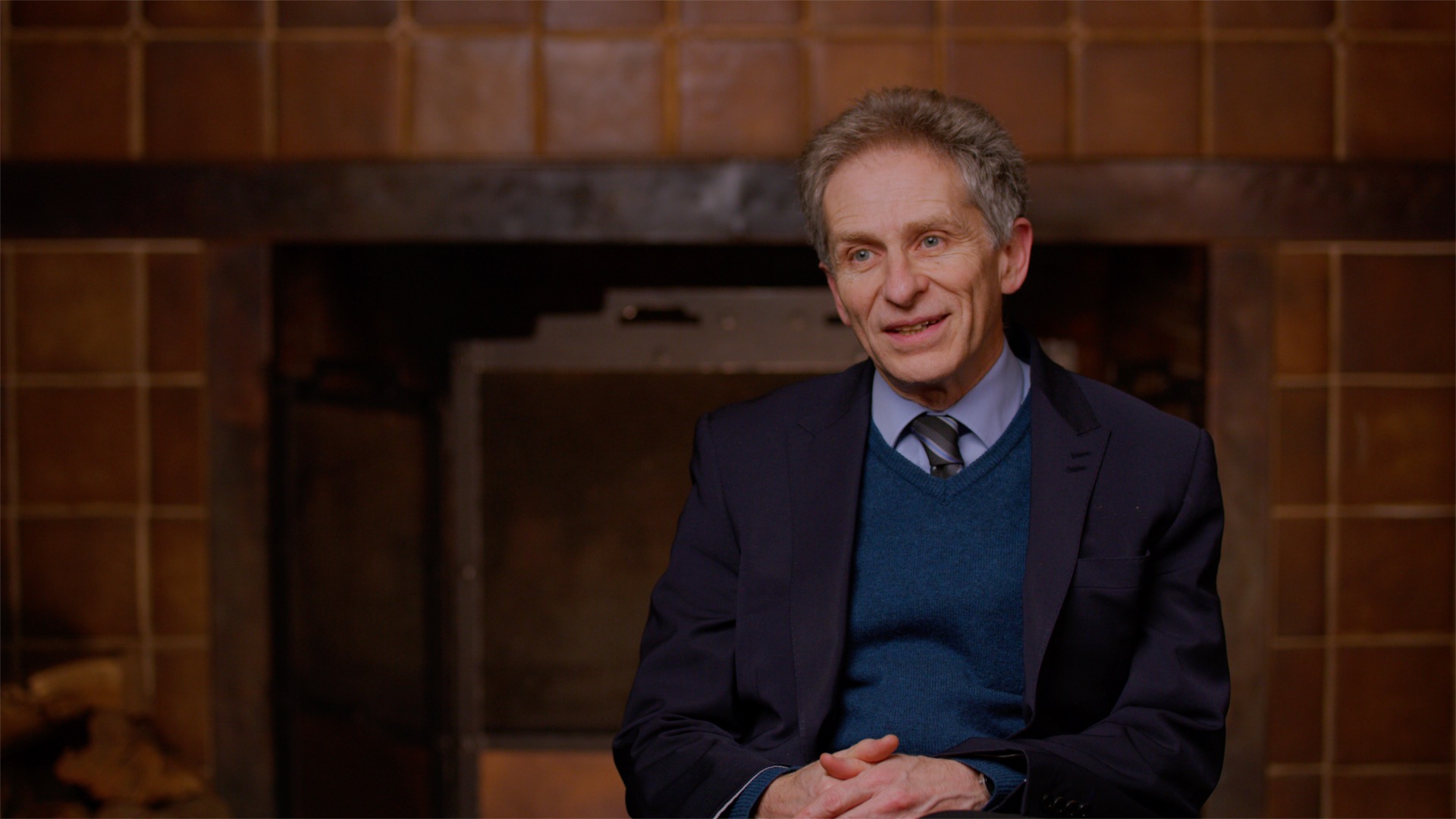
In the words of Colin Dayan, M.D., Ph.D., professor of clinical diabetes and metabolism at Cardiff University: “Type 1 diabetes is almost the only major autoimmune disease now that does not have a licensed immunotherapy.” And he’s going to change that.
Dr. Dayan conducts clinical trials in the development of immune therapies, which aims to re-train the immune system to stop the attack on insulin-producing beta cells. These therapies could be given to people when they are first diagnosed with type 1 diabetes (T1D), and still have surviving insulin-producing cells, or when they have a high risk of T1D, before their insulin-producing cells have been destroyed, to try and stop the condition from developing (as is the case with the immune therapy teplizumab, which was able to delay T1D for nearly 3 years).
Dr. Dayan set up the Type 1 Diabetes UK Immunotherapy Consortium (T1D UK), backed by Diabetes UK and Breakthrough T1D, to coordinate immunotherapy trials and improve the way in which they are carried out. So far, the consortium has increased the number of people with T1D taking part in vital clinical trials ten-fold, and is paving the way toward cures.
But what keeps him motivated as a scientist? People with T1D.
“Just one hour in the clinic reminds me why this work is important,” says Dr. Dayan, “and when I meet a person who has just heard that they have been diagnosed, I long to be able to offer something different from the treatments we already have.”
So do we.
Find out from his video why being a clinician is both challenging and gratifying in T1D research:
JDRF’s funding enables promising scientists, like Colin, to focus their talent, ambition and passion on improving life with T1D. Learn more about the researchers we fund, and learn how you can support their work to prevent, treat and—one day—find cures for T1D.